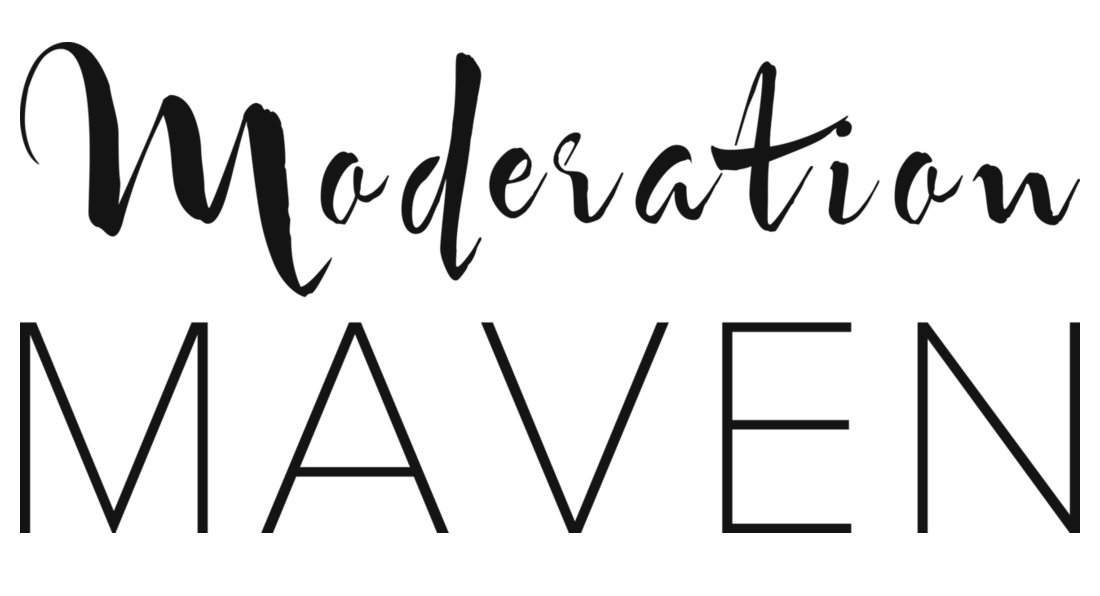How we judge information and make decisions is complex. Our past experiences, current beliefs, hopes, wants, and needs all affect how we interpret information and react to it.
We all want to think we are rational but truly, it's impossible to judge each piece of new information in an unbiased way.
The key to having more productive conversations is being aware of your own biases and also finding ways to keep the dialogue going when it starts to get derailed.
Over the next few weeks, I'll be sharing some of the most common logical fallacies and cognitive biases that rear their ugly heads in conversations about food, nutrition, and other heated topics like politics.
I'll update this main post with a link to a sub-post on each cognitive bias/logical fallacy!
- Ad hominem fallacy
- Appeal to authority
- Appeal to emotion
- Appeal to nature
- Availability heuristic
- Bandwagon fallacy
- Burden of proof
- Cherrypicking
- Confirmation bias
- Genetic fallacy
- Groupthink
- Straw man
- Zero risk

